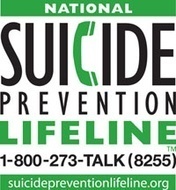|
It’s quite common for young people to go through the ups and downs of adolescence and to feel their emotional states intensely. So how do we determine what is within a normal range and when we should be concerned? Warning signsResearch shows that there are some key warning signs to be aware of. Warning signs are similar to 'clues' or 'red flags'. Some warning signs may be easier to detect, such as when a young person may express a wish to die. Other signs are harder to uncover – in these cases, emotions and feelings may be hidden from family or friends. What’s important to keep in mind is that you are looking for dramatic changes in behaviour and mood over a relatively short period of time. Take all warning signs seriously. If you feel someone is in immediate danger, call 000. Never leave a potentially suicidal young person alone. Stay until help arrives. Watch for dramatic changes in behaviours. Monitor changes, ask questions.
One way to monitor a young person’s behaviour is to listen to how they talk to their peers. Watch what they may be saying on online sites such as Facebook, Instagram and Twitter. If you suspect something is wrong, talk to the young person. Don’t be afraid to ask questions. http://grief.com/grief-the-holidays/
GRIEF & THE HOLIDAYS“Holidays are time spent with loved ones” was imprinted on our psyche from a young age. Holidays mark the passage of time in our lives. They are part of the milestones we share with each other and they generally represent time spent with family. They bring meaning to certain days and we bring much meaning back to them. But since holidays are for being with those we love the most, how on earth can anyone be expected to cope with them when a loved one has died? For many people, this is the hardest part of grieving, when we miss our loved ones even more than usual.How can you celebrate togetherness when there is none? When you have lost someone special, your world losses its celebratory qualities. Holidays only magnify the loss. The sadness feels sadder and the loneliness goes deeper. The need for support may be the greatest during the holidays. Pretending you don’t hurt and or it is not a harder time of the year is just not the truth for you. If it wasn’t harder you probably wouldn’t be here. You can and will get through the holidays. Rather than avoiding the feelings of grief, lean into them. It is not the grief you want to avoid, it is the pain. Grief is the way out of the pain. There are a number of ways to incorporate your loved one and your loss into the holidays. Thanksgiving, Christmas, Chanukah, New YearsThese are the biggest and usually most challenging of all. You can and will get through the Holidays. Rather than avoiding the feelings of grief, lean into them. It is not the grief you want to avoid, it is the pain. Grief is the way out of the pain. Grief is our internal feelings and mourning is our external expressions. Ways to externalize the loss – give it a time and a place
Cancel the Holiday all together. Yes, you can cancel the Holiday. If you are going through the motions and feeling nothing, cancel them. Take a year off. They will come around again. For others, staying involved with the Holidays is a symbol of life continuing. Let the Holiday routine give you a framework during these tough times. Try the Holidays in a new way. Grief has a unique way of giving us the permission to really evaluate what parts of the Holidays you enjoy and what parts you don’t. Remember, there is no right or wrong way to handle the Holidays in grief. You have to decide what is right for you and do it. You have every right to change your mind, even a few times. Friends and family members may not have a clue how to help you through the Holidays and you may not either. It is very natural to feel you may never enjoy the Holidays again. They will certainly never be the same as they were. However, in time, most people are able to find meaning again in the traditions as a new form of the Holiday Spirit grows inside of them. Even without grief, our friends and relatives often think they know how our Holidays should look, what “the family” should and shouldn’t do. Do’s and Don’ts
Valentines DayValentines Day is a day to honor our spouse, girlfriend / boyfriend or anyone we are romantically involved with in the present. The past can represent a hole in your heart where your loved one used to be. Tips
Tips
Just RememberHolidays are clearly some of the roughest terrain we navigate after a loss. The ways we handle them are as individual as we are. What is vitally important is that we be present for the loss in whatever form the holidays do or don’t take. These holidays are part of the journey to be felt fully. They are usually very sad, but sometimes we may catch ourselves doing okay, and we may even have a brief moment of laughter. You don’t have to be a victim of the pain or the past. When the past calls, let it go to voice mail…it has nothing to say. You don’t have to be haunted by the pain or the past. You can remember and honor the love. Whatever you experience, just remember that sadness is allowed because death, as they say, doesn’t take a holiday. Even without grief, our friends and relatives often think they know how our holidays should look, what the family should and shouldn’t do. Now more than ever, be gentle with yourself. Don’t do more than you want, and don’t do anything that does not serve your soul and your loss.
JOIN US BY CLICKING BELOW TO "LIKE" ON FACEBOOK
To date, we are represented by all the colored states, how exciting!
Do you know anyone in the white states?? Invite your friends and family to join in our mission to spread hope around the world. Looking for volunteers and members in the following states: Invite your friends and family. Alaska, Arkansas, Delaware, Hawaii, Idaho, Kentucky, Louisiana, Maine, Mississippi, Nebraska, New Hampshire, New Mexico, North Dakota, Rhode Island, Vermont, Wyoming |
CategoriesArchives
June 2016
|
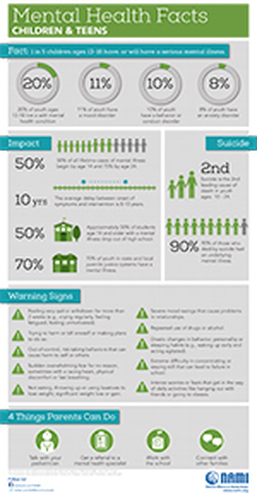
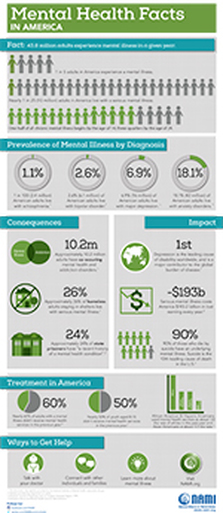
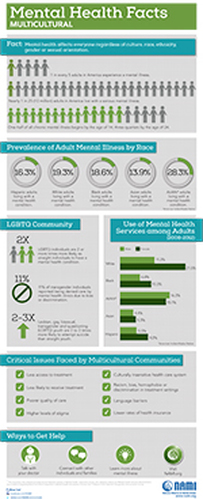
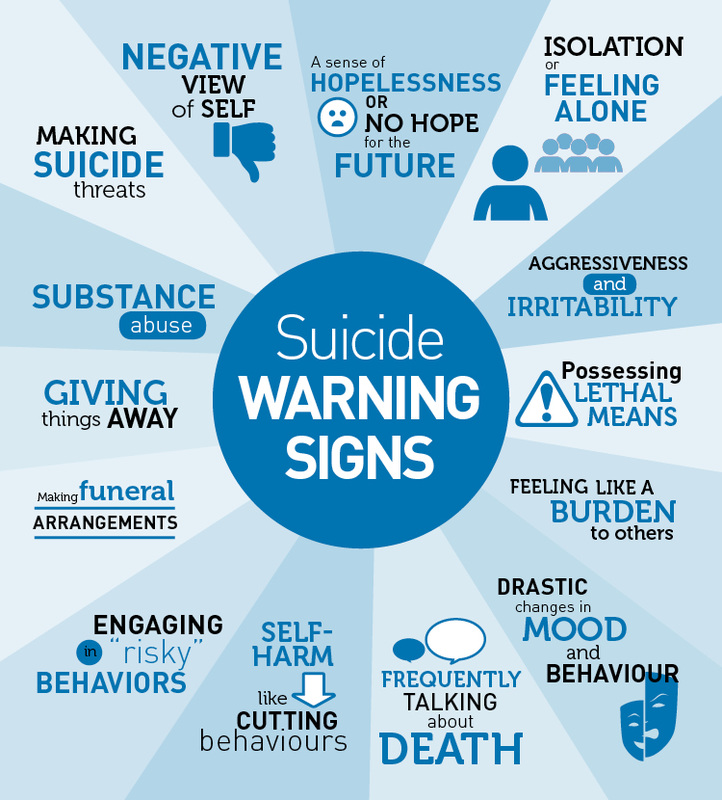
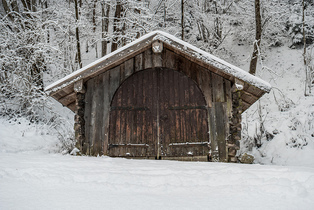
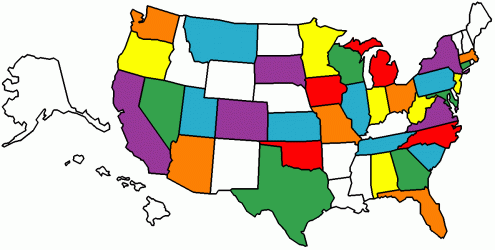
 RSS Feed
RSS Feed
